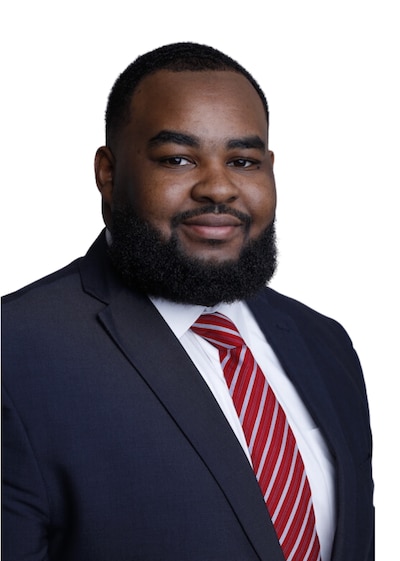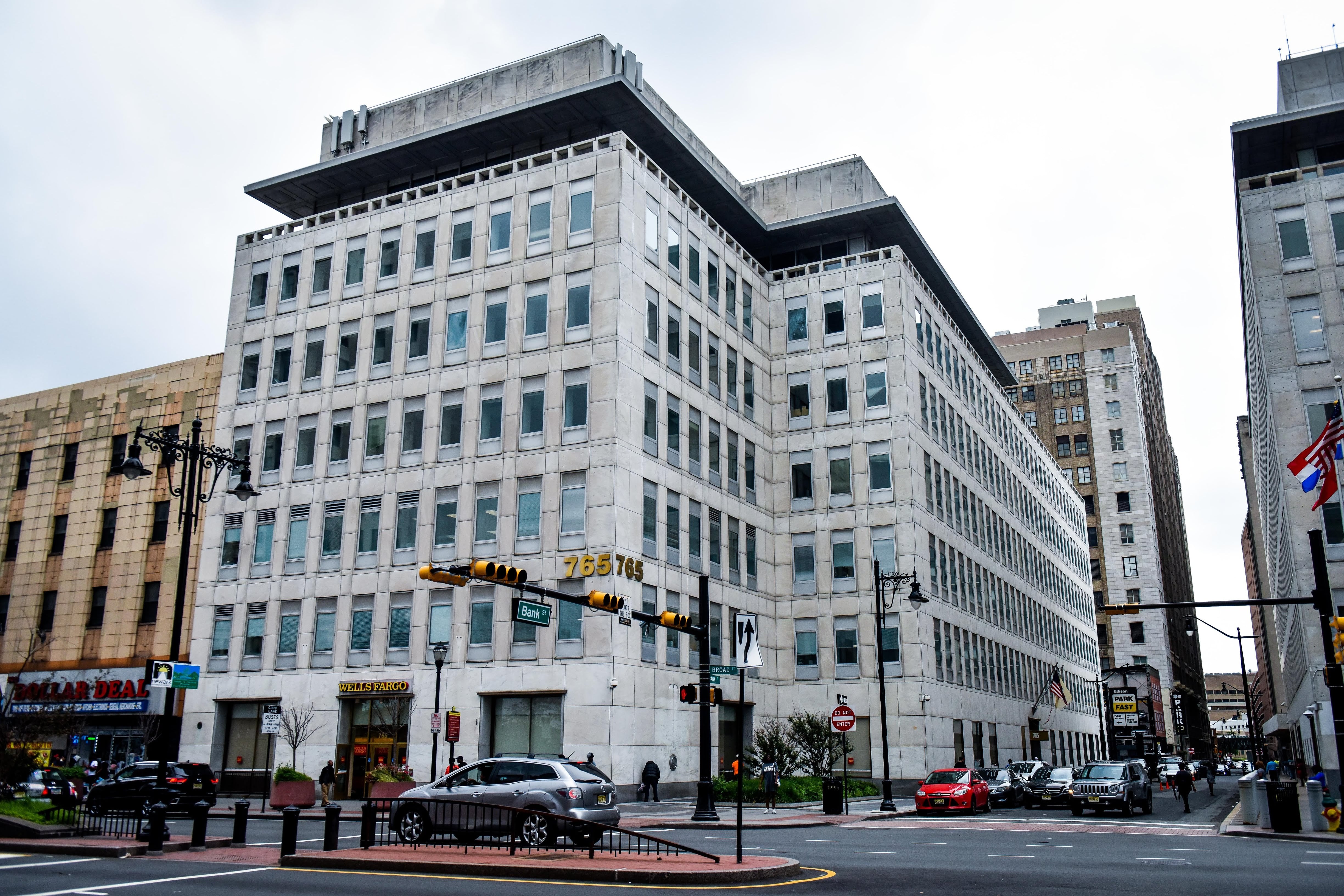Board members in New Jersey’s largest school district voted in a new board president to succeed Asia Norton, who stepped down last week.
Hasani Council won a unanimous vote at a meeting Tuesday to be the new leader of the Newark Board of Education, as Norton leaves for a new role with the Superior Court of New Jersey.
“We are here for one purpose, and that is to serve and make sure we keep students at the center of every decision that we make,” Council said on Tuesday after thanking his board colleagues for their support.
Norton’s resignation and Council’s elevation leave a vacant seat on the board, just days before members will meet to plan their goals for the year, which include hiring a board attorney.
The board has 65 days to fill the vacant seat, according to New Jersey law. The board is accepting nominations for the role, and those interested must submit a letter of intent and resume to the Newark Board of Education by 4 p.m. on Sept. 29.

Board members Dawn Haynes and Vereliz Santana will remain as vice presidents.
Council, a Newark native and alum of University High School, has longstanding political ties in Newark and currently serves as chief of staff to his father, Patrick Council, who represents the South Ward on the City Council. The younger Council also serves as Democratic district leader in the 36th District of the South Ward.
He formerly worked as a legislative aide to former City Council member John Sharpe James.
“You are the first (Newark Public Schools) student that is assuming this leadership role for our city,” said Superintendent Roger León, a former principal at University High School.
Council joined the board in 2020 after running on the “Moving Newark Schools Forward” slate, a group backed by New Jersey politicians including Newark Mayor Ras Baraka, state Sen. Teresa Ruiz, and members of the Newark City Council.
The eight remaining school board members have been endorsed by the coalition, as has been the case for the past few years.
Board members on Tuesday also expressed their gratitude to Norton, who has served on the board since 2018, when the state returned Newark Public Schools to local control. Norton announced her resignation in a Facebook post Sept. 18. She graduated with a law degree from Rutgers Law School in May.
“It’s not easy being in law school and presiding over a board in the magnitude and the dignity in which she did, and we thank her for her service,” Haynes said Tuesday.
The Newark Board of Education will meet on Thursday, Sept. 28, at Mount Vernon Elementary School for its regular board meeting, and on Saturday, Sept. 30, at the district’s central office for its retreat meeting.
Jessie Gómez is a reporter for Chalkbeat Newark, covering public education in the city. Contact Jessie at jgomez@chalkbeat.org.








